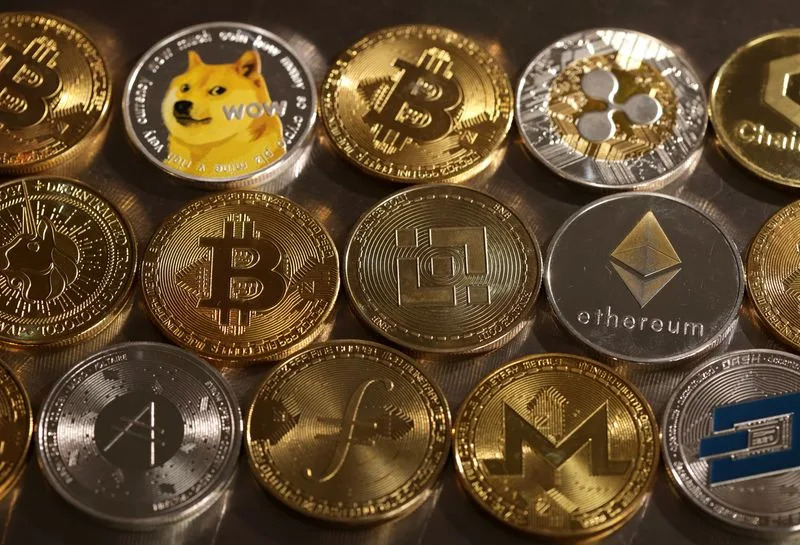
In major shift, Shanghai regulator mulls policy responses to stablecoins and cryptocurrencies
Key Points
- Shanghai Meeting on Digital Currencies: A Shanghai regulator organized a meeting with local government officials to discuss strategic responses to stablecoins and digital currencies, indicating a shift in China's approach despite the existing ban on crypto trading.**
- Push for Yuan-Pegged Stablecoin: Experts and major companies in China, including JD.com and Ant Group, are advocating for the development of a yuan-based stablecoin to counter the dominance of U.S. dollar-linked cryptocurrencies.**
- Hong Kong Stablecoin Legislation: Companies plan to apply for stablecoin licenses in Hong Kong, where new legislation for stablecoins is set to take effect on August 1.**
- Global Context and Challenges: The meeting included discussions on global regulatory frameworks, opportunities, and challenges of stablecoins, with a policy expert offering suggestions for digital currency development in China.**
- Regulatory Caution: Despite growing interest, China's central bank governor highlighted the significant challenges digital currencies pose to financial regulation, reflecting ongoing concerns after the 2021 ban on cryptocurrency trading and mining.**
Summary
A Shanghai regulator recently held a meeting to discuss strategic responses to stablecoins and digital currencies, marking a notable shift in China’s stance despite a nationwide ban on crypto trading since 2021. Organized by the Shanghai State-owned Assets Supervision and Administration Commission, the meeting emphasized the need for greater sensitivity to emerging technologies and enhanced research into digital currencies. Major companies like JD.com and Ant Group are pushing for a yuan-pegged stablecoin to rival U.S. dollar-linked cryptocurrencies and plan to seek licenses in Hong Kong, where stablecoin legislation will take effect on August 1. Shanghai, a key financial hub, often pioneers regulatory changes, and the discussions included global regulatory frameworks, opportunities, and challenges of stablecoins. A policy expert provided insights and suggestions for digital currency development. However, China’s central bank governor has cautioned that the rise of digital currencies poses significant regulatory challenges, reflecting ongoing concerns about financial stability. Meanwhile, stablecoins, known for faster and cheaper transactions, are gaining traction globally, with companies like Amazon and Walmart exploring their potential in the U.S. Bitcoin also reached a record high near $112,000, underscoring the growing popularity of digital currencies worldwide. While China’s approach may evolve, any policy shift is likely to face hurdles given past restrictions and regulatory caution.
yahoo
July 11, 2025
Crypto


